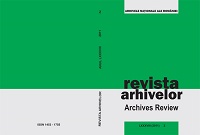
We kindly inform you that, as long as the subject affiliation of our 300.000+ articles is in progress, you might get unsufficient or no results on your third level or second level search. In this case, please broaden your search criteria.

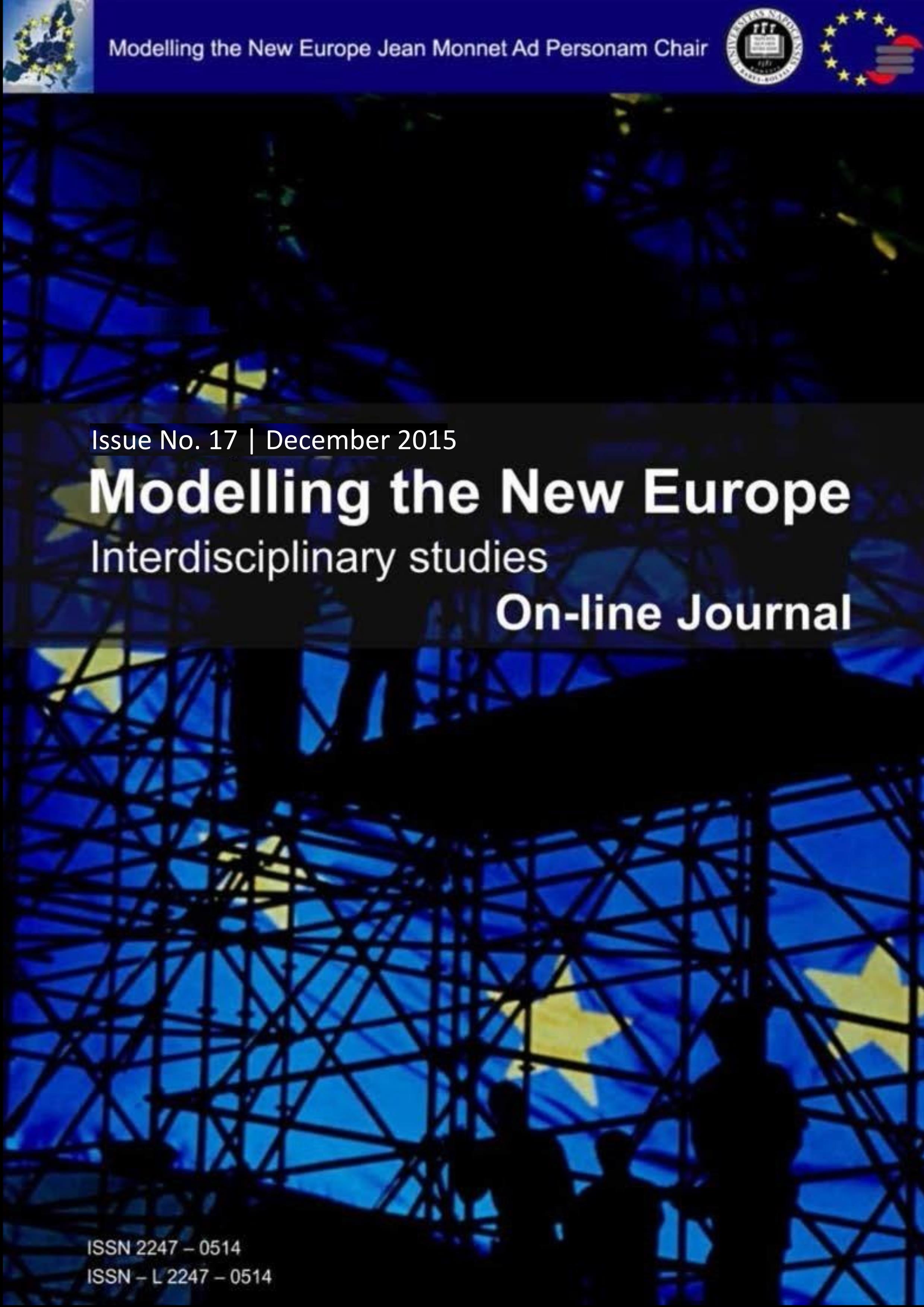
This study reviews the setting of the upper courses in technology within the democratization processes of access to higher education and analyses whether the reasons listed in the legal documents for the selection of these courses are actually pointed by the students attending them. The exploratory research has found that the peculiarities of each institution, determined by several variables, be they human or material, are key elements for the understanding of a particular educational policy. The proposal of higher courses in technology cannot be considered good or bad, a priori. The contribution of this study, though modest, is to clarify the new contradictions, tensions, demands and contributions, showing features of one of the protagonists of expansion of higher education in Brazil. From the literature review and reports of graduates and students, the survey concludes that the higher education courses of technology today little resemble the 1960s and 1970s. Furthermore, by affording those who were excluded from the higher level of education, higher wages, greater employability and new perspectives of life, these courses can contribute to overcoming social, cultural and economic limitations. Regarding the profile of students, the study attests the symmetry between the profile listed in legal documents and the profile of dozens of students and technologists who contributed to this research by answering the questionnaires.
More...
This article describes the specifics of the formation of the personnel reserve technology in the modern system of general education of the Russian Federation. The objects of study the existing mechanisms for the formation of a personnel reserve of young professionals made legal documentation positioned on the official site, which reflects the creation and development of the personnel reserve in the general education system. The geographical scope of the analysis includes all the federal districts and their subordinate regions of the Russian Federation. The results of the study willingness of young professionals and graduate students for professional development and career growth are also presented in the article. The author diagnoses that in general education the personnel reserve technology associated with the vacant position of the administrative board. However, the article explains the failure in this approach, since the staffing problems of education back to the contradiction between the aging of teaching staff and problems connected with attracting young professionals. As a tool to overcome this contradiction authors offer an enhanced version of the personnel reserve, which includes work not only with the hot spare, but with a strategic reserve, and with young professionals. The article reveals the grounded necessity of promoting the socio-economic and psychological support of professional mobility of teachers. In addition, as the social-psychological problems that contribute to the outflow of young staff from the general education system, acts quite a low social status of the teaching profession, and the material component does not play a key role in this process. One of the most effective mechanisms to improve the social significance of the teaching profession is to create transparent and democratic conditions for professional development and career advancement of young professionals. As a specific mechanism could be considered in this case, the technology personnel reserve and rotation.
More...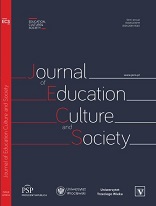
The society of Physical sciences (phisycs, chemistry and mineralogy) has been an important Romanian scientific society since its establishment, in 1890 until the middle of the twentieth century. This paper seeks to provide an analysis of its activity in the first two decades of existence, a less studied period, namely how its enterprises contributed to the dissemination and spread of the latest scientifi c ideas within Romania’s culture. The society was founded at the initiative of some of the most proeminent Romanian scientists of that period and, until the end of the nineteenth century, it expanded its sphere of activity by including sections on mathemathics and natural history. Therefore, its activity, exemplifi ed by public conferences, presentation of members’ personal scientific endeavors, intellectual debates or scientific missions, reflected the general development of physical sciences in Romania in that epoch. This research is based mostly on a close scrutiny of society’s scientifi c journal.
More...
Ekonomik ve siyasi geçiş süreci Sovyet ardılı ülkelerin tümü için olduğu gibi Kazakistan açısından da sancılı bir süreç olmuştur. Bu dönemdeki sıkıntıların sosyal alana yansıması devletin sunduğu sosyal hizmetlerin kalitesindeki ciddi düşüşle gözlemlenebilir. Kazakistan hükümeti eğitim ve sağlık sektörlerindeki temel sorunlara bir dizi reformla cevap vermiştir. Bu süreçte uluslararası aktörler de önemli rol oynamıştır. Bu makale Kazakistan`da bağımsızlık sonrası süreçte yaşanan eğitim ve sağlık sorunlarını incelemiştir. Bu sorunlarla başa çıkmak için geliştirilen reformlar ve uluslararası aktörlerin bu süreçteki rolü de yine bu makalede tartışılmıştır. The political and economic transition period had been painful for many post-Soviet states in many different ways. Kazakhstan is one of these countries that deeply felt the negative effects of transition. Such problems were particularly acute in the state’s provision of social services. Kazakhstan’s government responded to the problems in the fields of education and health with a series of reforms, and throughout this process international actors played an important role. This article analyzes issues seen in the fields of education and health in Kazakhstan during the post-independence period with special attention paid to the government’s reform attempts and the role of international actors in this process.
More...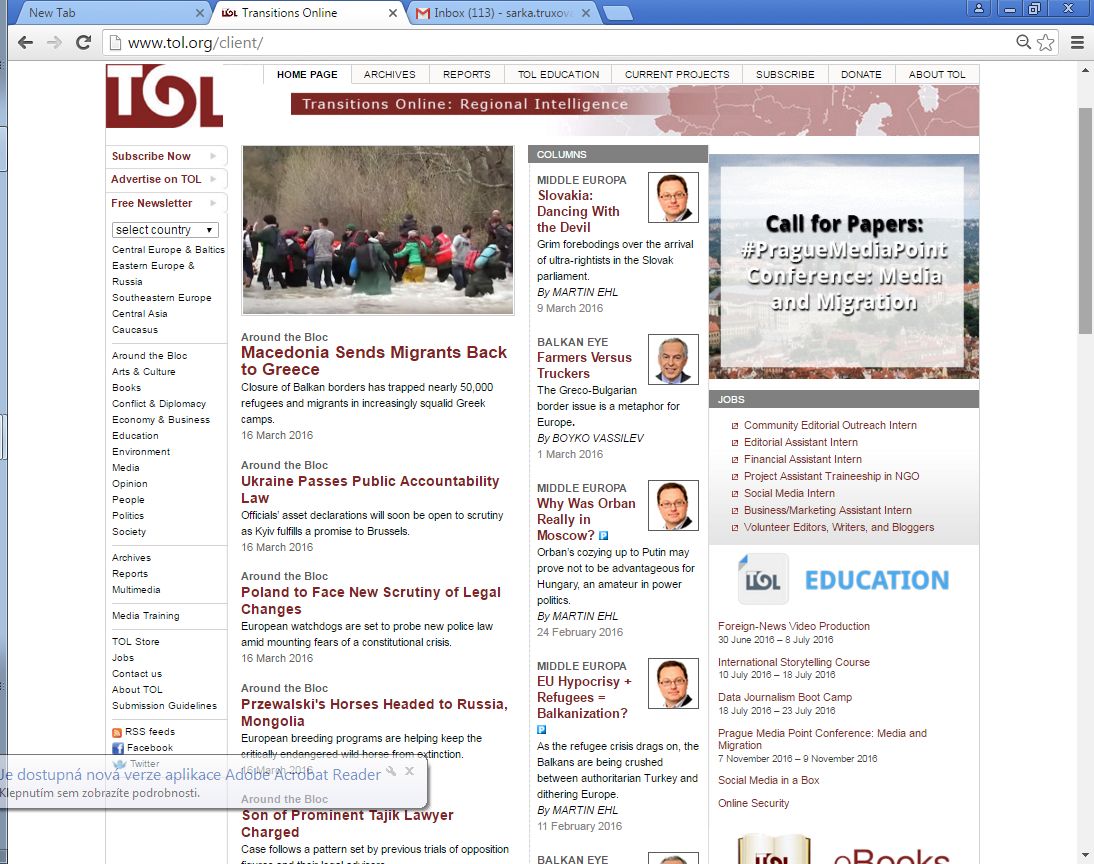
Schoolchildren shown video blaming US for corrupting girls, urging boys to marry virgins to avoid being cuckolded.
More...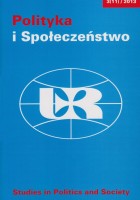
The ensuing article tackles the problems of closing small schools. It constitutes an attempt to reflect upon a new phenomenon, which is becoming more and more common, and it is caused by the introduction of austerity in the budgets of self-government entities liable for running educational institutions. This difficult and complicated situation means that local communities are forced to undertake essential solutions towards this new reality, which concerns mainly children and their parents. Discussion over these solutions will aim at searching for effective and economic ways of the running and functioning of small schools appropriated for liquidation. The undertaken problems seem to be justified because of approaching political and economic changes occurring at both national and local scale.
More...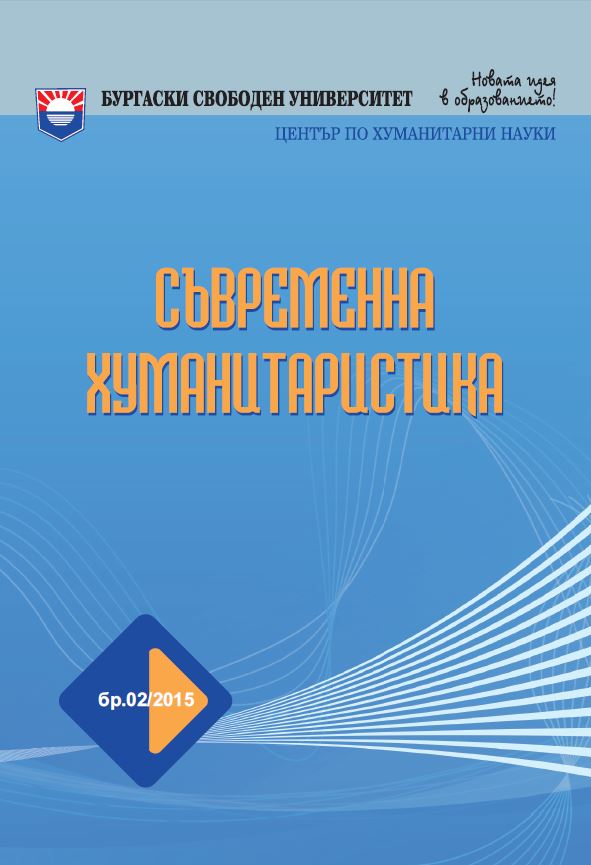
The paper is characterized with a publicity feature as it follows the collaboration between two universities - Al-Farabi Kazakh National University in Kazakhstan and Burgas Free University in Bulgaria, from 2012 to 2015. The research overlooks the design and development of academic courses and programs, authors and administrators of various projects, as well as their results.
More...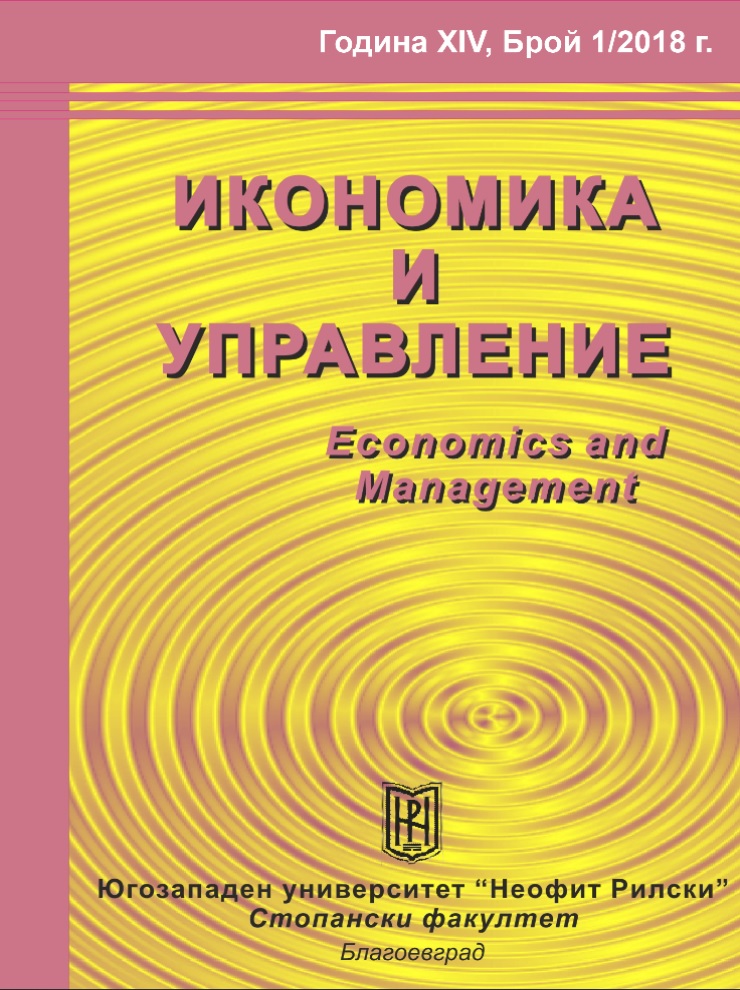
The study aims to evaluate the project management training methods applied by the Managing Authority of the Operational Program "Good Governance" both at the project development stage and at the project management stage in the state administration. The evaluation is done to improve the methods for conducting project management training during the current 2014-2020 programming period. As a result of the study, training methods are analyzed and evaluated as a tool for building competencies for project management under the Operational Program "Good Governance" and are issued recommendations for improving the methods of project management training.
More...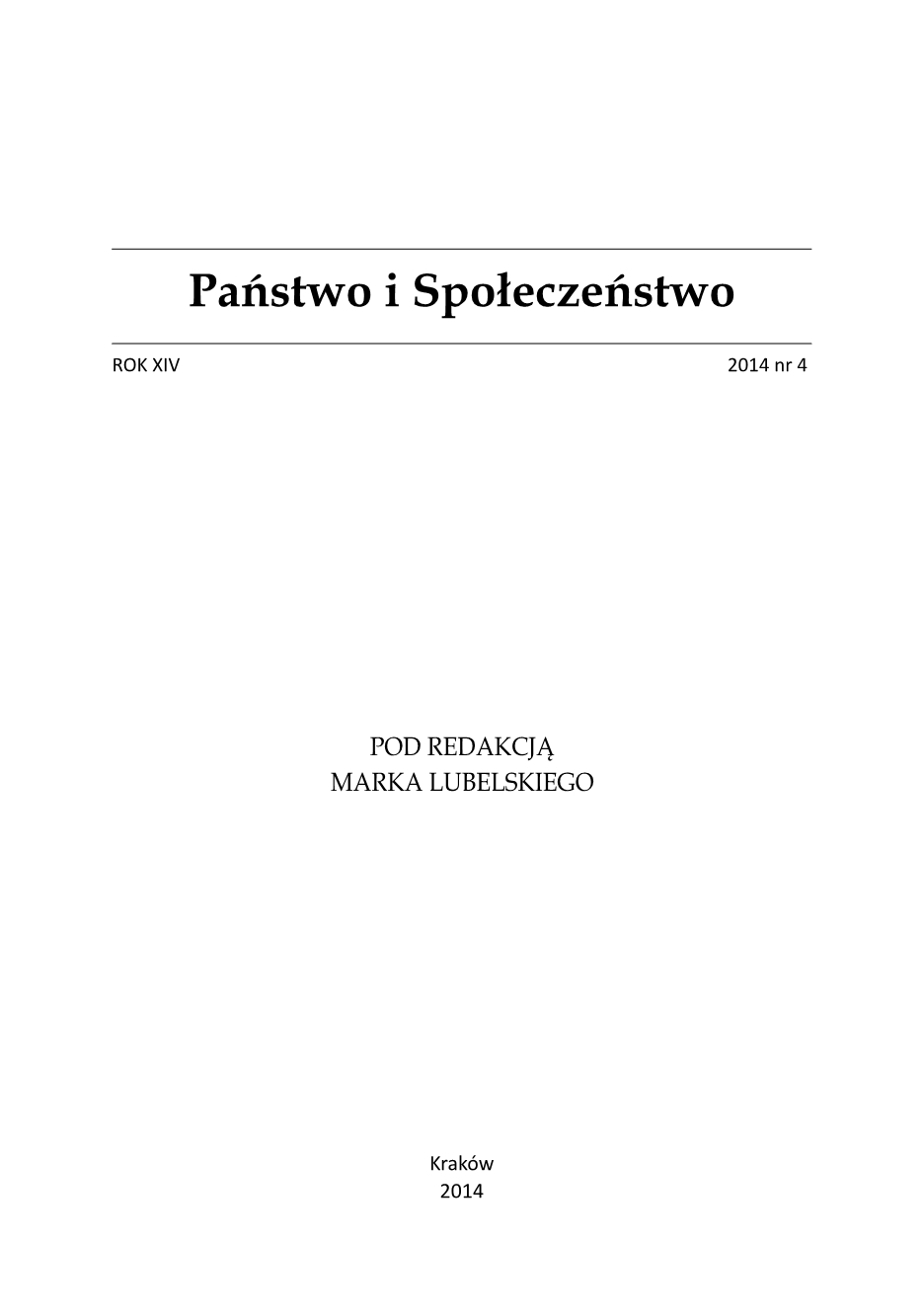
As a result of the transformations of the higher education system, there began a search for objective measures, making it possible to compare different higher education institutions (in terms of their academic staff, research outcomes documented in publications, professional careers of university graduates and the like). It prompted the academic circles to reflect on the actions undertaken by the Ministry of Science and Higher Education, in particular those pertaining to the National Qualification Framework. Academic disciplines differ from one another in terms of their research methods, which is why all attempts at a parametrization, implementation of quantitative indices to evaluate representatives of the humanities, mathematical algorithms or taxonomy as means enabling a “fair” assessment of all academic teachers regardless of the discipline they represent, appear to be worthless.
More...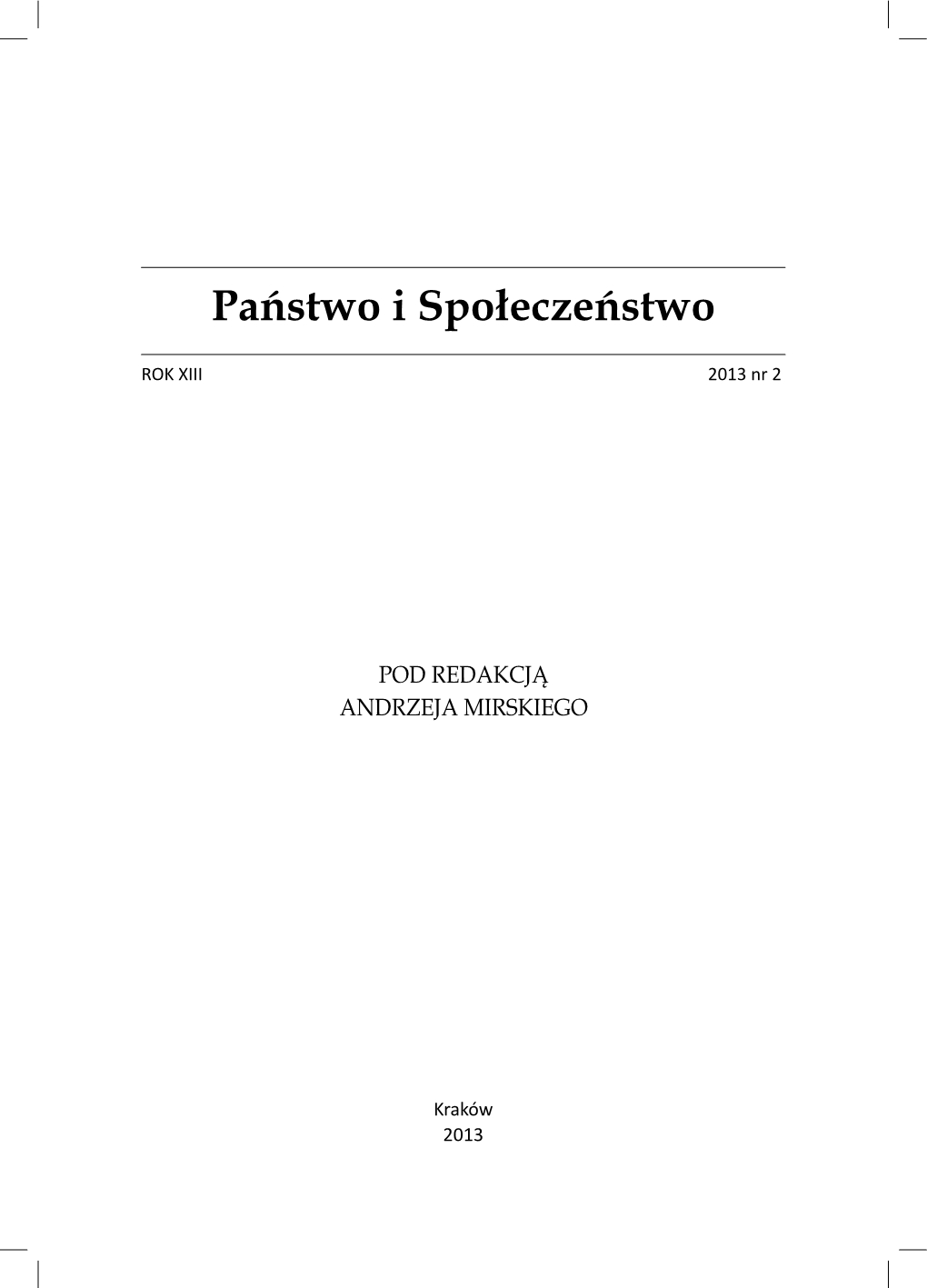
The article presents the model of education, which is currently adopted and implemented in the European Union. The author describes the main aims and objectives of education as well as the priorities and ideals of education adopted in the European Union. The article presents the basic foundations upon which the European model of education, discusses the educational programs of the Union and the use of information technologies.
More...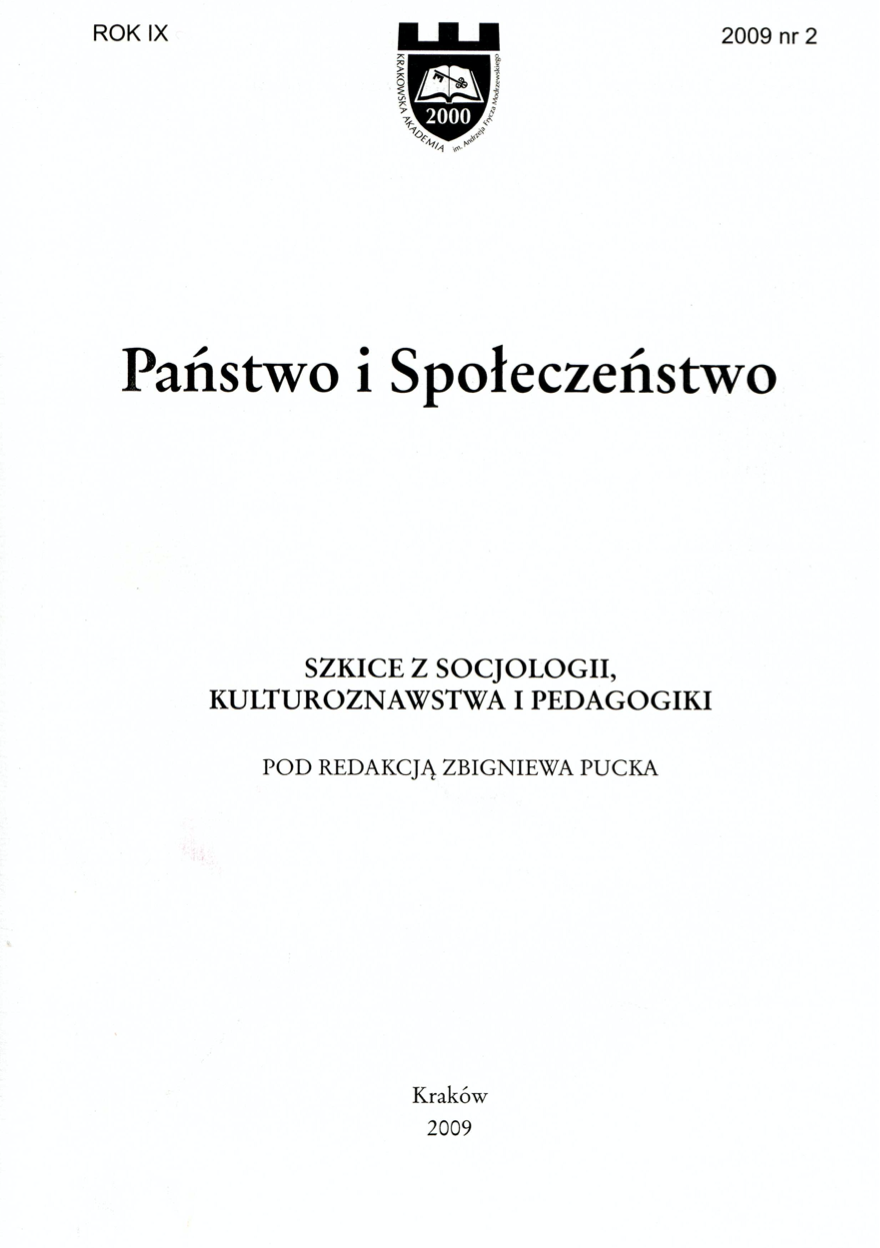

The article discusses the problem of introducing a new ideologically unified series of history textbooks into Russianschools, primarily Russian history textbooks for grades 10 and 11 by Anatoly Torkunov and Vladimir Medinsky. The contentof the textbook regarding the events of the Great Patriotic War was confronted with the image of the war in Viktor Asta-fiev’s outstanding epic The Cursed and Killed included in the list of recommended readings in the textbook. The carried outanalysis proves that in the conditions of the restoration of the imperial and totalitarian system in Russia, Russian literatureis its best achievement, including the work of Astafiev, whose 100th anniversary of birth falls is 2024.
More...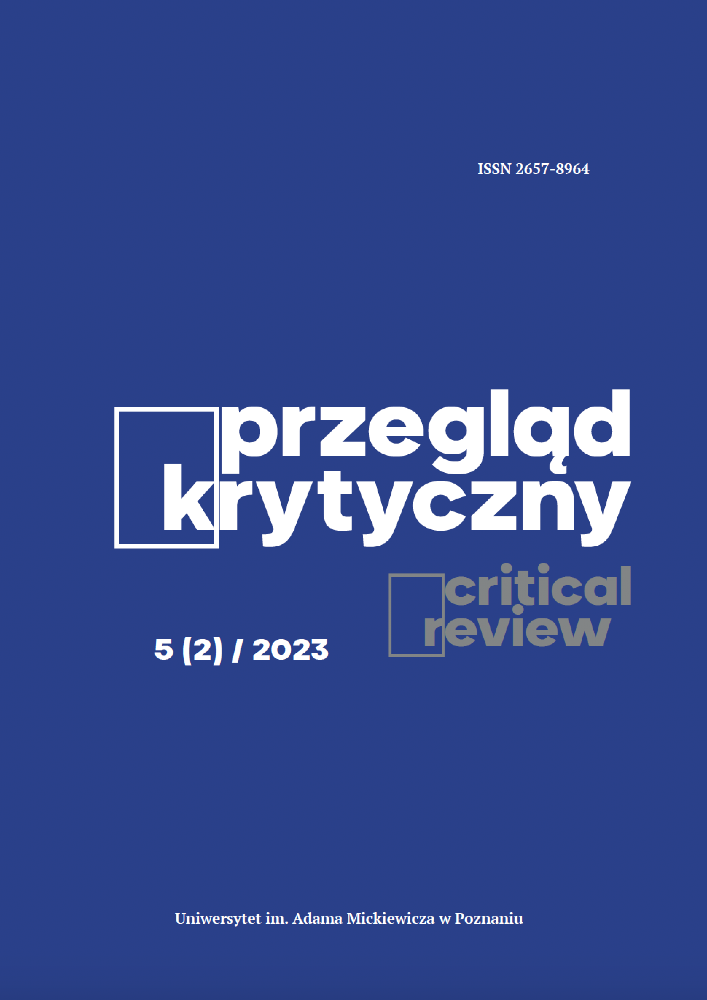
The study demonstrates that the definition and meaning of education, and by extension of educational inequality, are embedded in countries’ historical, political and social environments while responding to exogenous changes and international trends. We comparatively discuss the experience of 4 countries (Norway, Finland, Lithuania and Hungary) to unpack the historical underpinnings of how education is framed in policy documents. Building on that, we review the effects of neoliberal ideas with their universalist dogma that have affected policy making in all cases and assess to what extent the meaning of education was decoupled from its historical framework. Our findings are relevant for understanding not only the process of policy change but, in particular, how the meaning of concepts within educational policy changes over time. We suggest that embedded concepts carry meaning that has evolved over time and become strongly entangled with the country’s history and culture while prevailing ideologies (neoliberalism and, in the case of Hungary, neoconservatism) also generate considerable effects on education policies.
More...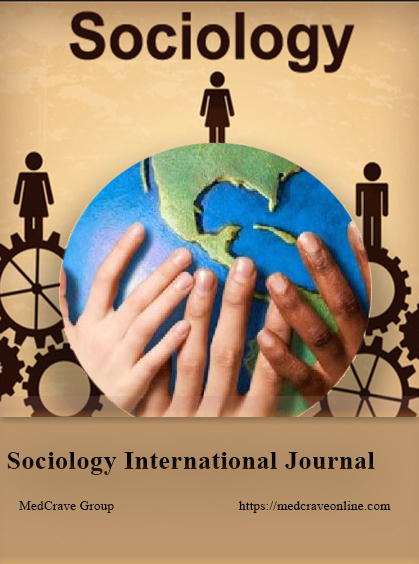
The following article discusses the role of Venezuela's current education and Its Institutions. It proposes a way to make and build the educational process, respect, solidarity and quality of life. Through the dialectical method the author takes us into new directions to be taken by educational process.
More...
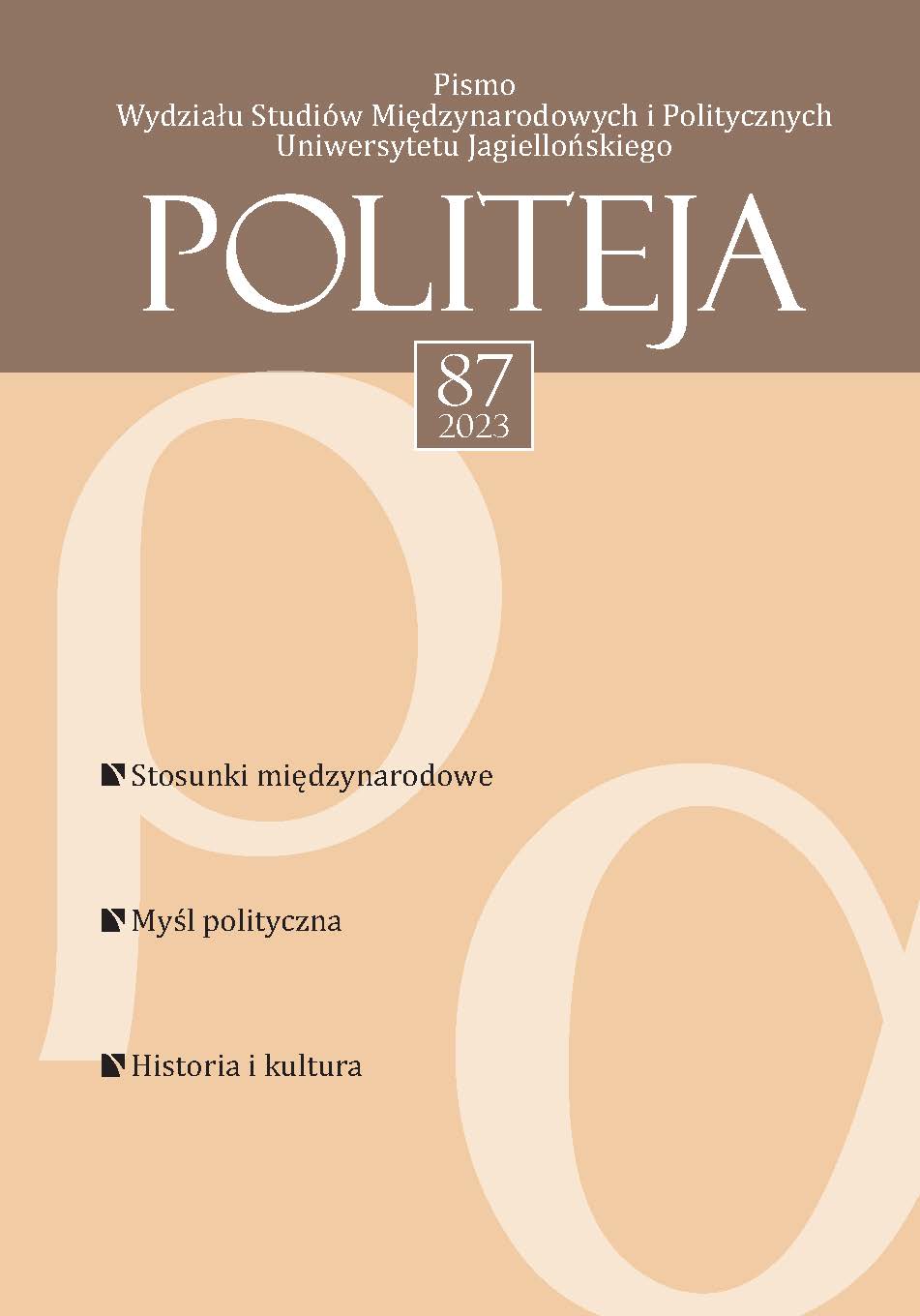
The purpose of this article is to show how the EHL is used for the interpretation, awareness, and transmission of heritage and memory. As part of the EU European Heritage Label (EHL) program, Polish institutions received six distinctions in the years 2014-2019, which places Poland high in the ranking of the awarded Brands in Europe. Polish institutions are obligated to spreading knowledge about the cultural heritage of Europe. On the one hand, EHL’s task is to raise awareness and transmit common values, elements of European history, and heritage, which can be interpreted as promoting “uni memory.” On the other hand, EHL aims to deepen intercultural dialogue and synergy, recognizing the values of diversity, which can be understood as promoting the idea of plural memory. The EHL organizers in Poland are obliged (by the provisions of the EU Program) to conduct a European narrative, but in practice, they sometimes remain at the stage of restoring and refreshing the memory of the site, organizing local memory, and revising the regional policy due to “dormant memory” during the communist period.
More...
The article contains considerations on the feedback relationship between the school as an educational institution and the local territory (city, town or village) in which the school operates, as well as the impact of the spatial organization of the school and its external environment on the educational process. The reflections are based on the results of the international and interdisciplinary summer school ILS – Innovative Learning Spaces “Schools to be lived,” which took place in the fall of 2022 in Pula, Sardinia, pilot surveys and interviews conducted among Polish teachers and primary school students, as well as the author’s many years of observations. The presence of local cultural, social and natural heritage in school curricula and the influence of the arrangement of school spaces may have a significant impact on the quality of education and its adequacy to the challenges of the 21st century. The article is a preview of the author’s more extensive research and strengthens the pedagogical discourse in the context of the European topic of the local territory as an educational space.
More...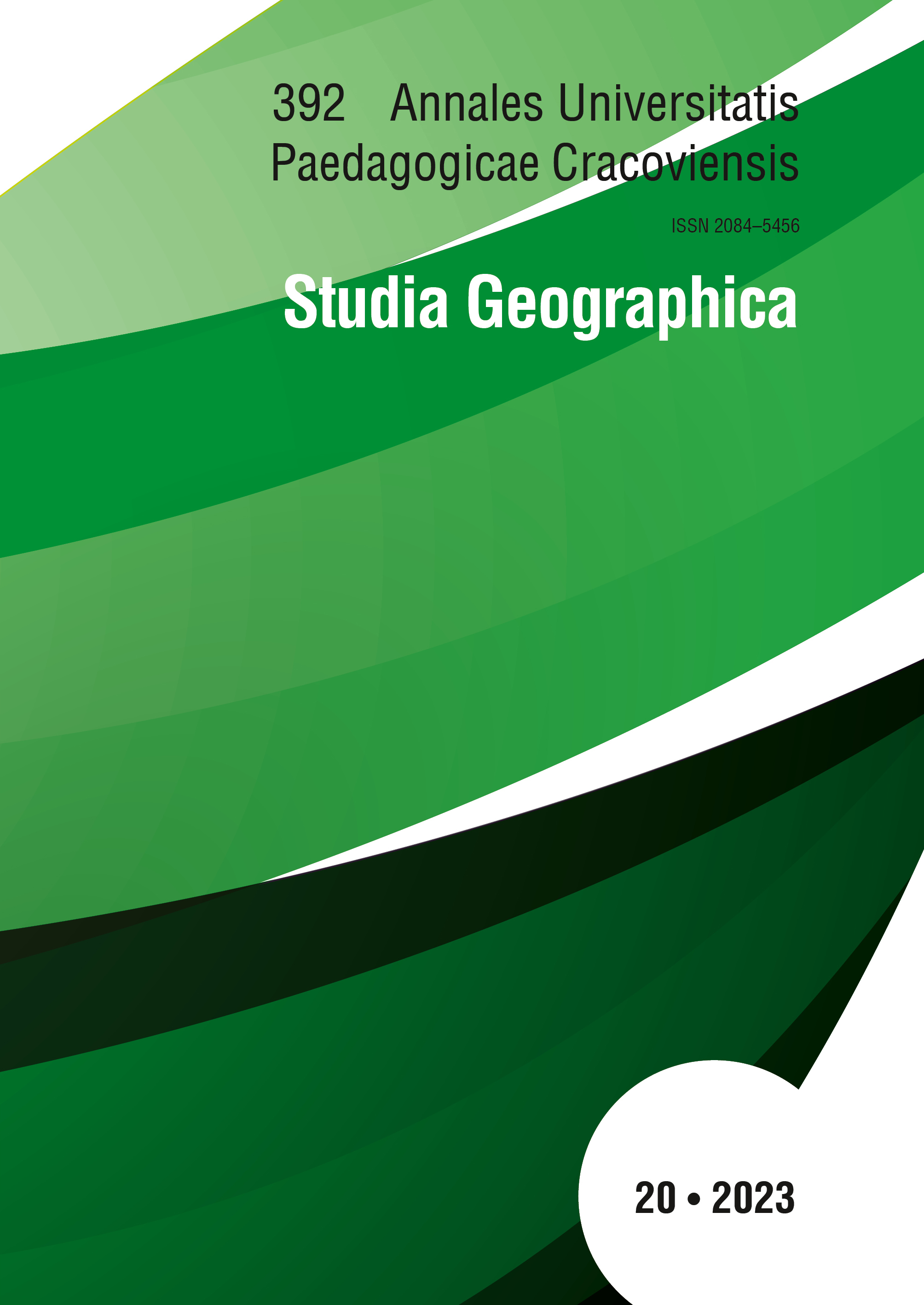
The allocation of public resources can either enhance or hinder a nation’s educational development at any level. This research examines the direction of international commitment to education, the role of Higher Education Institutions, and the capture and implementation of funding sources. The text discusses education as a human right and a mechanism for physical, social, emotional, creative, and humanistic development within socio‐political precepts. The analysis focuses on 13 State Public Universities in Mexico, examining budgetary variations and their impact on students and institutions. The text contrasts discursive and factual information. Among the main findings, Mexican Higher Education has the highest budget allocation. However, the sources of financing do not fully cover citizen demand. Operating expenses include the equipment of classrooms, maintenance of buildings, and salary payments. They represent a symbolic and tangible investment in the talent and development of a historically vulnerable sector that governments should prioritize In conclusion, the consolidation of Higher Education and its universities must adhere to national and international requirements. This includes expanding the level of education, achieving upward social mobility, and improving the living conditions of Mexicans, regardless of their place of residence or educational environment.AbstractKeywords: education, higher education, educational financing, higher educati
More...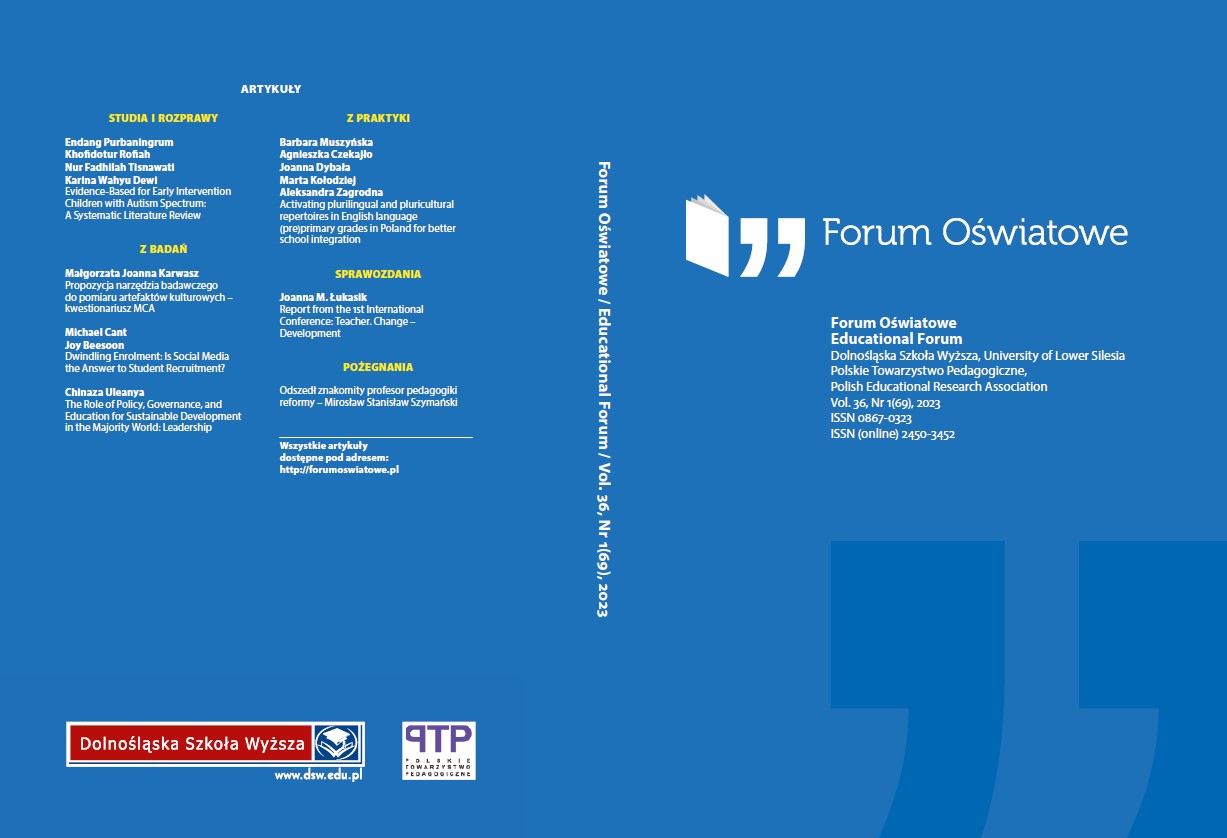
Rural development remains a major challenge for different governments across the majority world. The reason for this has been attributed to different fac-tors. However, education has been identified as a significant tool for change, capable of promoting rural development. This is not in isolation of policy and governance, which are seen as being able to hinder education and other relevant sectors from contributing to rural development. This study identified specific roles to be per-formed by policy and good governance in ensuring sustainable development in rural communities in the majority world through education. The study recommends that educational leaders should be involved in policy-making with regard to rural com-munities. The governance provided to rural communities should take cognizance of local needs and the values of the people, thus, promoting glocalization while giving room for globalization.
More...